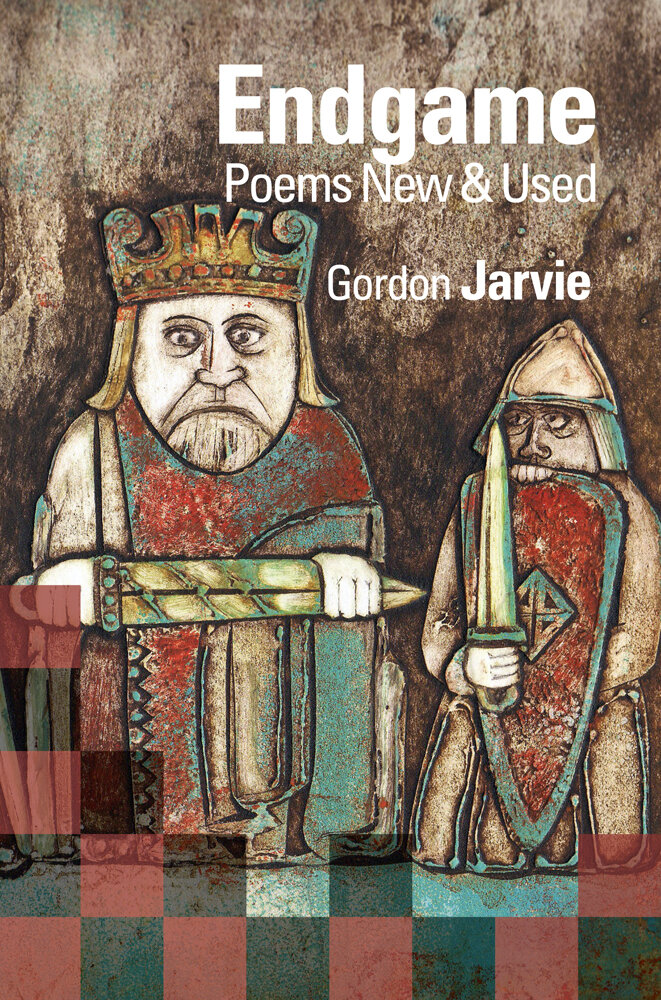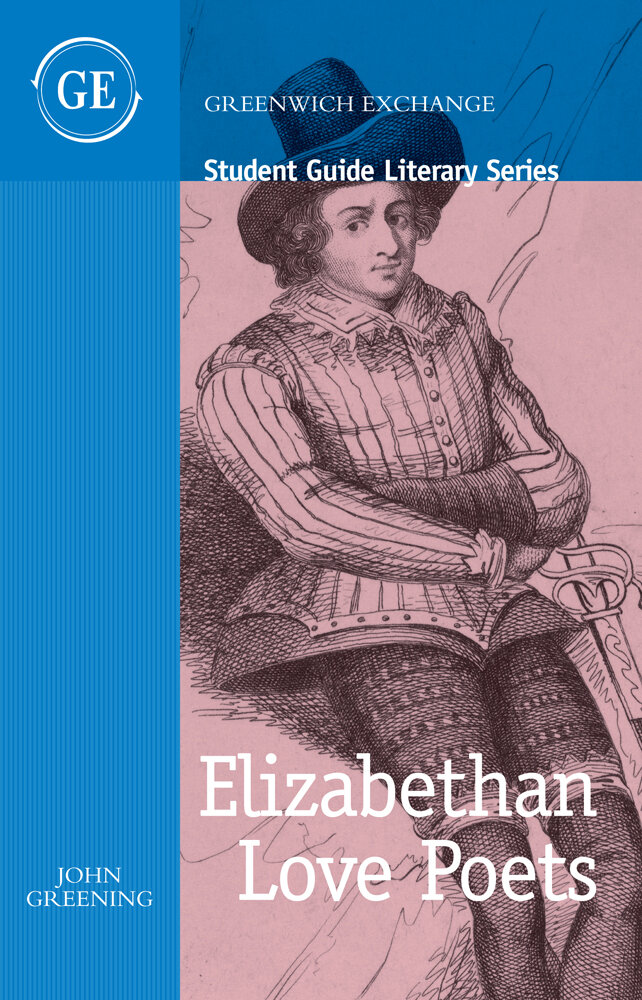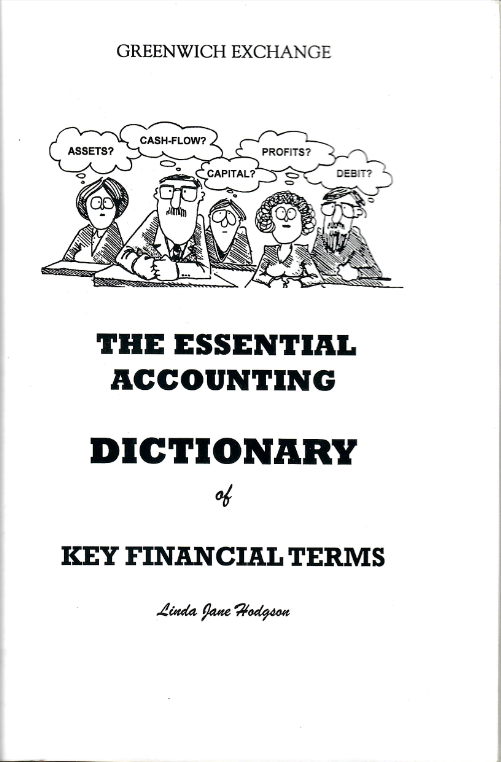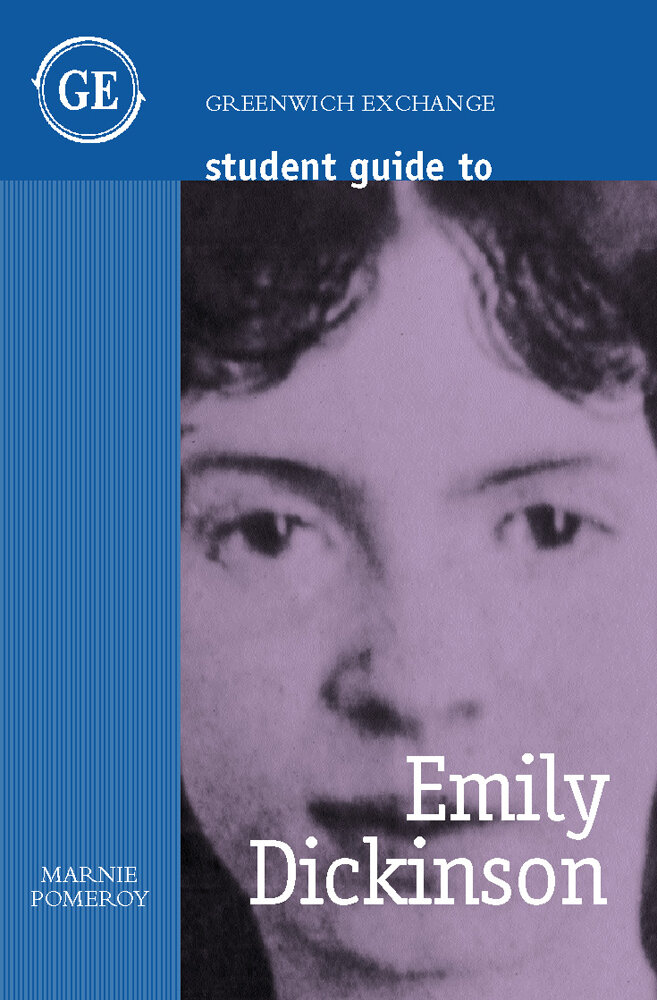 Image 1 of 1
Image 1 of 1


Ernest Dowson: Poetry and Love in the 1890s
Ernest Dowson (1867-1900) is the archetypal poet of the 1890s. His best work comes entirely from the decade, and he died at the end of it.
Steeped in the Latin poets of antiquity and French 19th-century poetry, he developed an individual style which pared down the exuberance of Poe and Swinburne to a classical simplicity marked by meticulous attention to sound and initiating the move to more informal verse, which made his work attractive to the generation of D.H. Lawrence, Pound and Eliot.
His life was archetypal too. Born to respectable wealth and comfort, he was dragged down by family misfortune. His father's business failure and early death, his mother's suicide and his own advancing tuberculosis began the decline. It was hastened by drink and an impossible love for a young girl who never began to understand him.
In the end Dowson, the poet admired by Yeats, Wilde and a host of contemporaries, was reduced to living little better than a tramp in Paris, to die at thirty-two almost a pauper and alcoholic in a London workman's cottage, leaving posterity some of the finest love poetry in English.
About the author:
Henry Maas' interest in Ernest Dowson and the 1890s dates from his schooldays. While still at university he took over the editing of Dowson's letters begun by Desmond Flower, and later worked on Oscar Wilde's correspondence and Max Beerbohm's Letters to Reggie Turner (both edited by Rupert-Hart Davies). He headed a team producing the first full text of Aubrey Beardsley's letters and edited A.E. Housman's. His next book will be a study of Housman's poetry.
48 pages
ISBN: 978-1-906075-51-4
Ernest Dowson (1867-1900) is the archetypal poet of the 1890s. His best work comes entirely from the decade, and he died at the end of it.
Steeped in the Latin poets of antiquity and French 19th-century poetry, he developed an individual style which pared down the exuberance of Poe and Swinburne to a classical simplicity marked by meticulous attention to sound and initiating the move to more informal verse, which made his work attractive to the generation of D.H. Lawrence, Pound and Eliot.
His life was archetypal too. Born to respectable wealth and comfort, he was dragged down by family misfortune. His father's business failure and early death, his mother's suicide and his own advancing tuberculosis began the decline. It was hastened by drink and an impossible love for a young girl who never began to understand him.
In the end Dowson, the poet admired by Yeats, Wilde and a host of contemporaries, was reduced to living little better than a tramp in Paris, to die at thirty-two almost a pauper and alcoholic in a London workman's cottage, leaving posterity some of the finest love poetry in English.
About the author:
Henry Maas' interest in Ernest Dowson and the 1890s dates from his schooldays. While still at university he took over the editing of Dowson's letters begun by Desmond Flower, and later worked on Oscar Wilde's correspondence and Max Beerbohm's Letters to Reggie Turner (both edited by Rupert-Hart Davies). He headed a team producing the first full text of Aubrey Beardsley's letters and edited A.E. Housman's. His next book will be a study of Housman's poetry.
48 pages
ISBN: 978-1-906075-51-4






